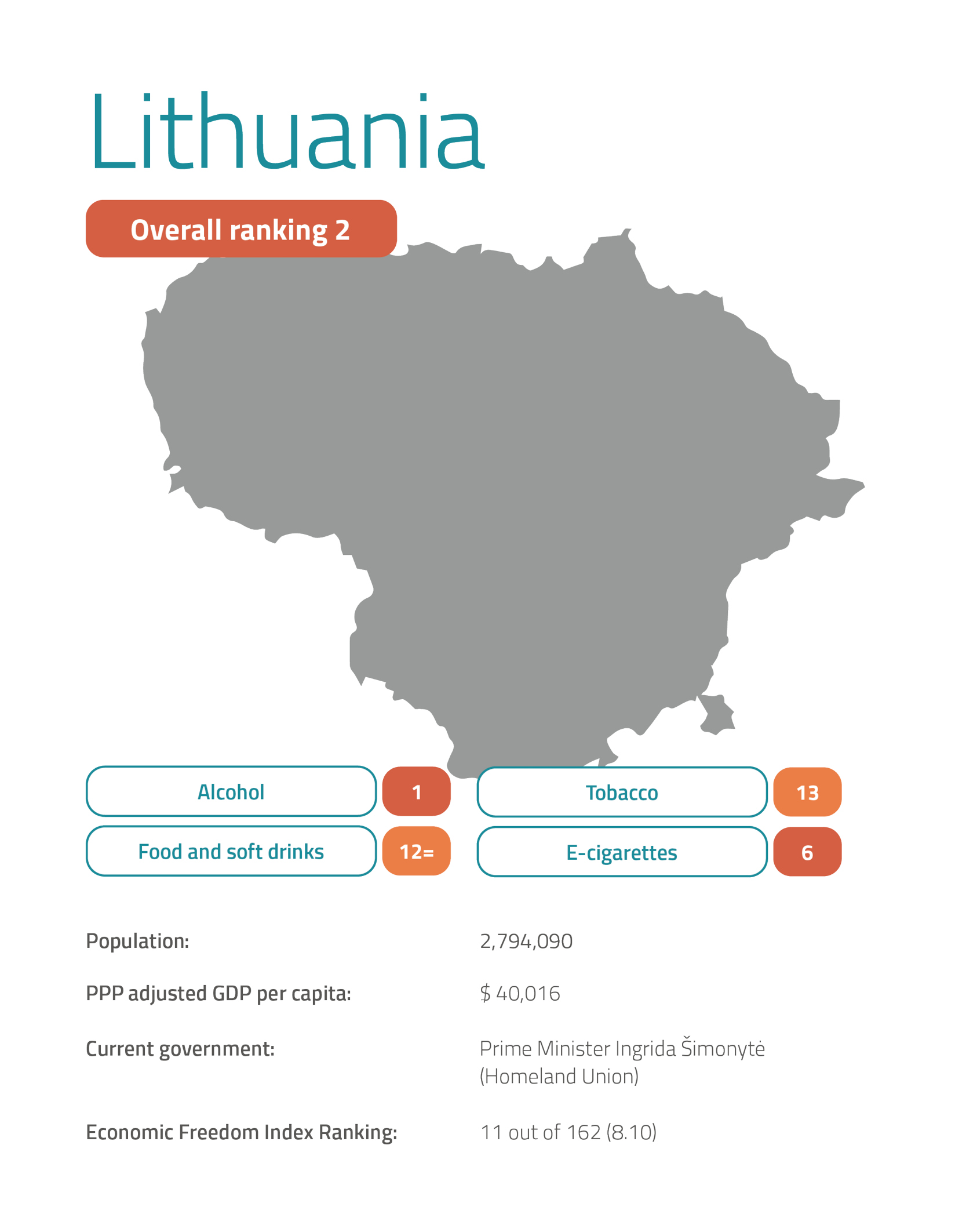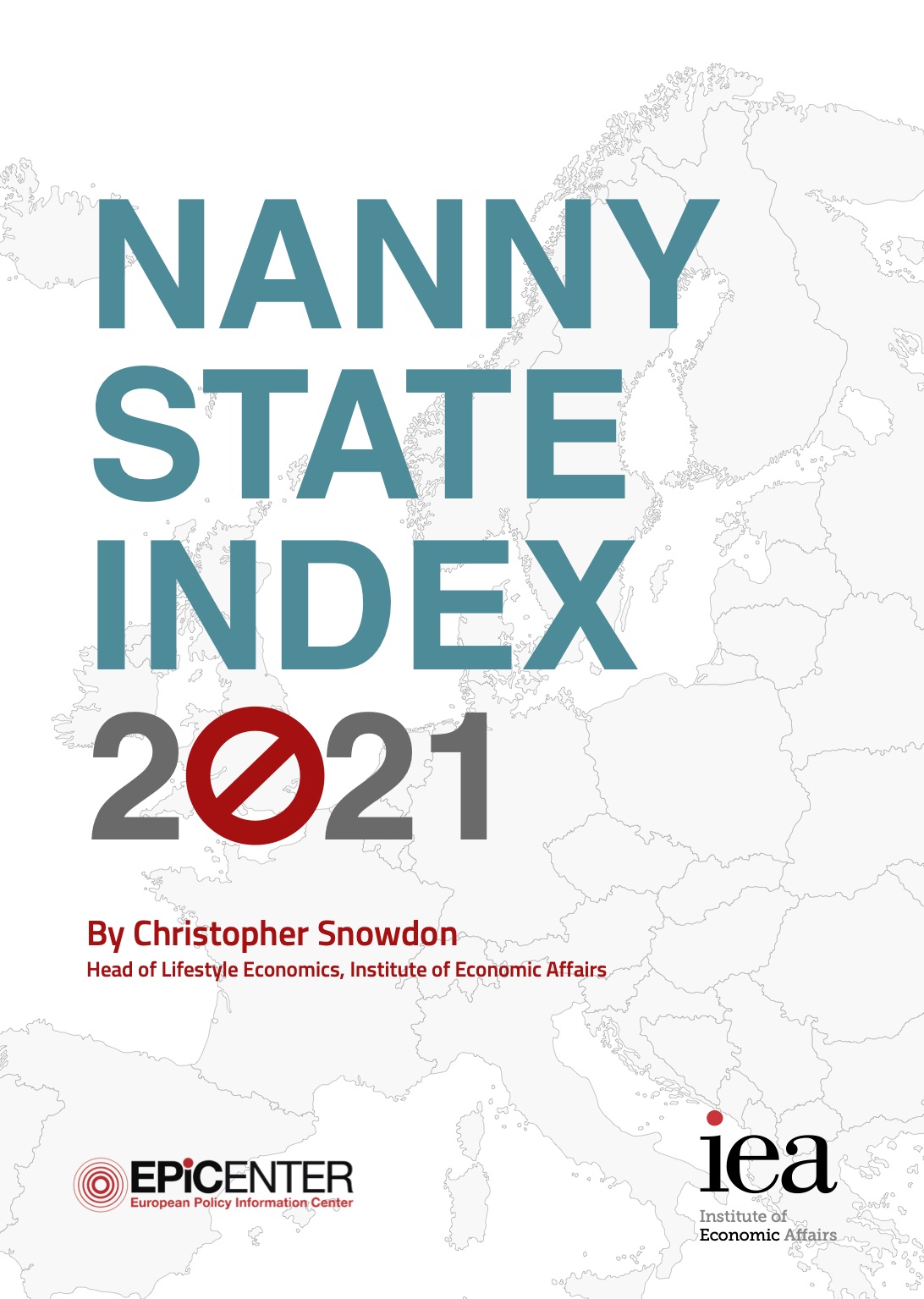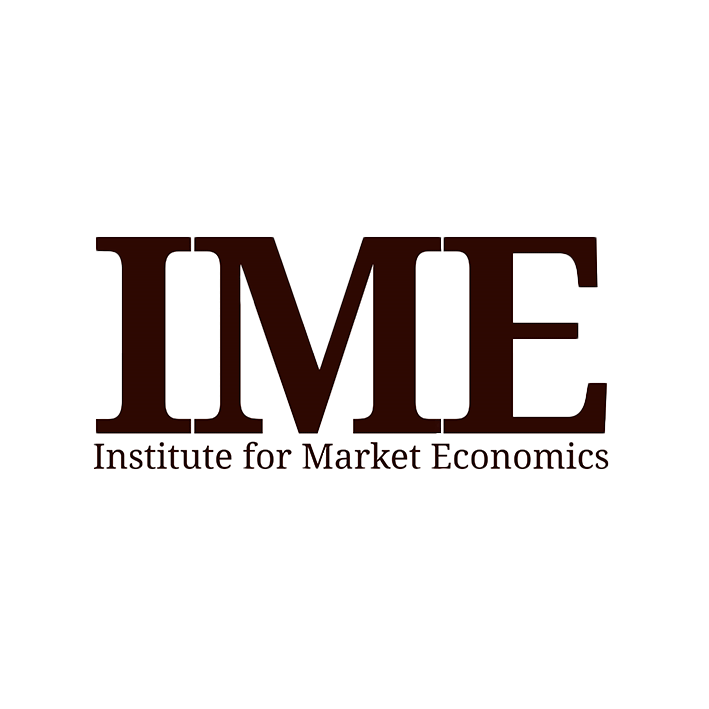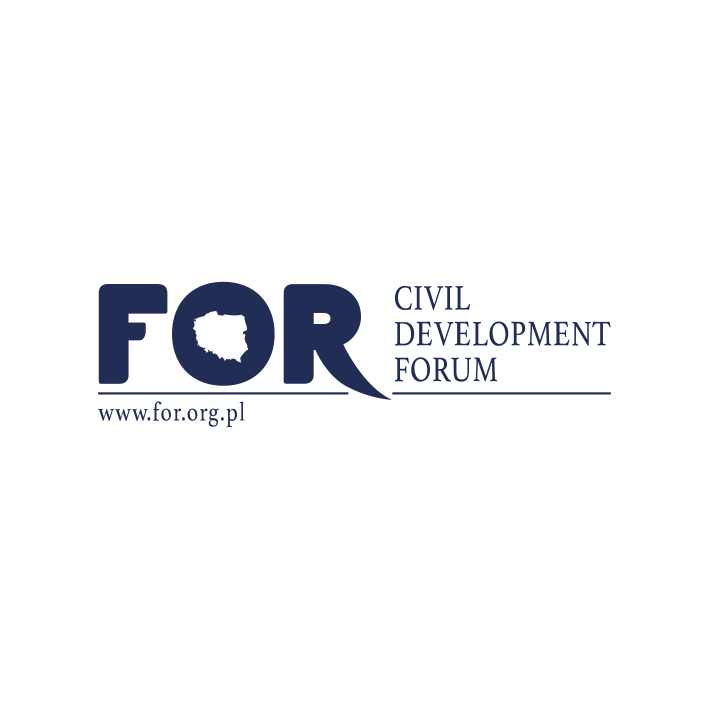
Lithuania overtakes Finland in this edition of the Nanny State Index as a result of paternalistic regulation across every criteria. Temperance legislation is particularly prominent, with the Law on Alcohol Control (2018) raising the drinking age to 20 and restricting opening times. Alcoholic beverages can no longer be sold in shops before 10 am or after 8 pm (3 pm on Sunday); the previous opening times were 8 am to 10 pm. No alcoholic drinks stronger than 13 per cent can be sold in outdoor cafés or at outdoor cultural events. The sale of alcohol at sports events was banned in 2020, but the ban on selling light alcoholic drinks on beaches was lifted in June 2020. Alcohol stronger than 6 per cent cannot be sold in packaging smaller than 200 ml.
The sale of alcohol at petrol stations was banned in January 2016 and there has been talk of restricting sales to state-owned shops, as in Finland. Various alcohol promotions, including prizes, coupons, gifts, free samples and discount campaigns were banned in 2016, but Lithuania has taken the assault on marketing several steps further with a total ban on alcohol advertising in all forms. Importers of foreign newspapers and magazines now need to employ people to cover up alcohol ads with stickers before they reach the shops. Customers even have to cover up their alcohol purchases before they leave the shop.
Like Latvia, Lithuania is strangely preoccupied with energy drinks (except coffee). It has been illegal to sell them to people aged under 18 since January 2015 and the advertising of energy drinks is banned in educational institutions, concert or sports venues, theatres, cinemas and in any media aimed at children.
Smoking is banned in most indoor public places and on parts of some beaches. Although smoking rooms are permitted indoors, some municipalities declare certain outdoor public places, such as town squares and bus stops, smoke-free zones. Smoking and vaping on café terraces is now banned. Smoking is also prohibited in outdoor sports venues, bus stops and children playgrounds. Smoking can be legally prohibited on private balconies if at least one of the residents demands it. There are plans to introduce a tobacco display ban and plain packaging. In 2020, the government proposed a ban on flavoured nicotine-free electronic cigarette refills.
The Tobacco Products and Related Products Control Law of 2016 subjects e-cigarettes to the same heavy restrictions as tobacco products. Advertising, promotion and sponsorship of e-cigarettes are banned in nearly all venues and media. Vaping is banned in places where smoking is banned and cross-border sales of e-cigarettes and nicotine fluids are prohibited. In 2020 the Drug, Tobacco and Alcohol Control Department was granted the authority to issue binding instructions to information hosting service providers to remove or exclude access to information about advertising of tobacco products and e-cigarettes as well as domestic or long distance sales of tobacco products and e-cigarettes.
Heated tobacco has been taxed at a rate of €113.20/kg since March 2020 and e-cigarette fluid has been taxed at €0.12 per ml since March 2019. Adjusted for income, Lithuania has the highest wine duty of any country in the Nanny State Index. Taxes on beer and spirits are well above the EU average.
The only good news for consumers in Lithuania arrived in January 2018 when the government announced that it would not be introducing a sugar tax, preferring to work with industry on ‘voluntary’ food and drink reformulation instead.
With thanks to the Lithuanian Free Market Institute
About
The Nanny State Index (NSI) is a league table of the worst places in Europe to eat, drink, smoke and vape. The initiative was launched in March 2016 and was a media hit right across Europe. It is masterminded and led by IEA’s Christopher Snowdon with partners from all over Europe.
Enquiries: info@epicenternetwork.eu
Download Publication

Previous version: 2019
Categories
About the Editor
Christopher Snowdon is the head of Lifestyle Economics at the Institute of Economic Affairs. His research focuses on lifestyle freedoms, prohibition and policy-based evidence. He is a regular contributor to the Spectator, Telegraph and Spiked and often appears on TV and radio discussing social and economic issues.
Snowdon’s work encompasses a diverse range of topics including ‘sin taxes’, state funding of charities, happiness economics, ‘public health’ regulation, gambling and the black market. Recent publications include ‘Drinking, Fast and Slow’, ‘The Proof of the Pudding: Denmark’s Fat Tax Fiasco’, ‘A Safer Bet’, and ‘You Had One Job’. He is also the author of ‘Killjoys’ (2017), ‘Selfishness, Greed and Capitalism’ (2015), ‘The Art of Suppression’ (2011), ‘The Spirit Level Delusion’ (2010), ‘Velvet Glove, Iron Fist’ (2009).
Lithuania 2021

Lithuania overtakes Finland in this edition of the Nanny State Index as a result of paternalistic regulation across every criteria. Temperance legislation is particularly prominent, with the Law on Alcohol Control (2018) raising the drinking age to 20 and restricting opening times. Alcoholic beverages can no longer be sold in shops before 10 am or after 8 pm (3 pm on Sunday); the previous opening times were 8 am to 10 pm. No alcoholic drinks stronger than 13 per cent can be sold in outdoor cafés or at outdoor cultural events. The sale of alcohol at sports events was banned in 2020, but the ban on selling light alcoholic drinks on beaches was lifted in June 2020. Alcohol stronger than 6 per cent cannot be sold in packaging smaller than 200 ml.
The sale of alcohol at petrol stations was banned in January 2016 and there has been talk of restricting sales to state-owned shops, as in Finland. Various alcohol promotions, including prizes, coupons, gifts, free samples and discount campaigns were banned in 2016, but Lithuania has taken the assault on marketing several steps further with a total ban on alcohol advertising in all forms. Importers of foreign newspapers and magazines now need to employ people to cover up alcohol ads with stickers before they reach the shops. Customers even have to cover up their alcohol purchases before they leave the shop.
Like Latvia, Lithuania is strangely preoccupied with energy drinks (except coffee). It has been illegal to sell them to people aged under 18 since January 2015 and the advertising of energy drinks is banned in educational institutions, concert or sports venues, theatres, cinemas and in any media aimed at children.
Smoking is banned in most indoor public places and on parts of some beaches. Although smoking rooms are permitted indoors, some municipalities declare certain outdoor public places, such as town squares and bus stops, smoke-free zones. Smoking and vaping on café terraces is now banned. Smoking is also prohibited in outdoor sports venues, bus stops and children playgrounds. Smoking can be legally prohibited on private balconies if at least one of the residents demands it. There are plans to introduce a tobacco display ban and plain packaging. In 2020, the government proposed a ban on flavoured nicotine-free electronic cigarette refills.
The Tobacco Products and Related Products Control Law of 2016 subjects e-cigarettes to the same heavy restrictions as tobacco products. Advertising, promotion and sponsorship of e-cigarettes are banned in nearly all venues and media. Vaping is banned in places where smoking is banned and cross-border sales of e-cigarettes and nicotine fluids are prohibited. In 2020 the Drug, Tobacco and Alcohol Control Department was granted the authority to issue binding instructions to information hosting service providers to remove or exclude access to information about advertising of tobacco products and e-cigarettes as well as domestic or long distance sales of tobacco products and e-cigarettes.
Heated tobacco has been taxed at a rate of €113.20/kg since March 2020 and e-cigarette fluid has been taxed at €0.12 per ml since March 2019. Adjusted for income, Lithuania has the highest wine duty of any country in the Nanny State Index. Taxes on beer and spirits are well above the EU average.
The only good news for consumers in Lithuania arrived in January 2018 when the government announced that it would not be introducing a sugar tax, preferring to work with industry on ‘voluntary’ food and drink reformulation instead.
With thanks to the Lithuanian Free Market Institute

 Austria
Austria Belgium
Belgium Bulgaria
Bulgaria Croatia
Croatia Cyprus
Cyprus Czech Republic
Czech Republic Denmark
Denmark Estonia
Estonia Finland
Finland France
France Germany
Germany Greece
Greece Hungary
Hungary Ireland
Ireland Italy
Italy Latvia
Latvia Lithuania
Lithuania Luxembourg
Luxembourg Malta
Malta Netherlands
Netherlands Norway
Norway Poland
Poland Portugal
Portugal Romania
Romania Slovakia
Slovakia Slovenia
Slovenia Spain
Spain Sweden
Sweden Turkey
Turkey United Kingdom
United Kingdom


















